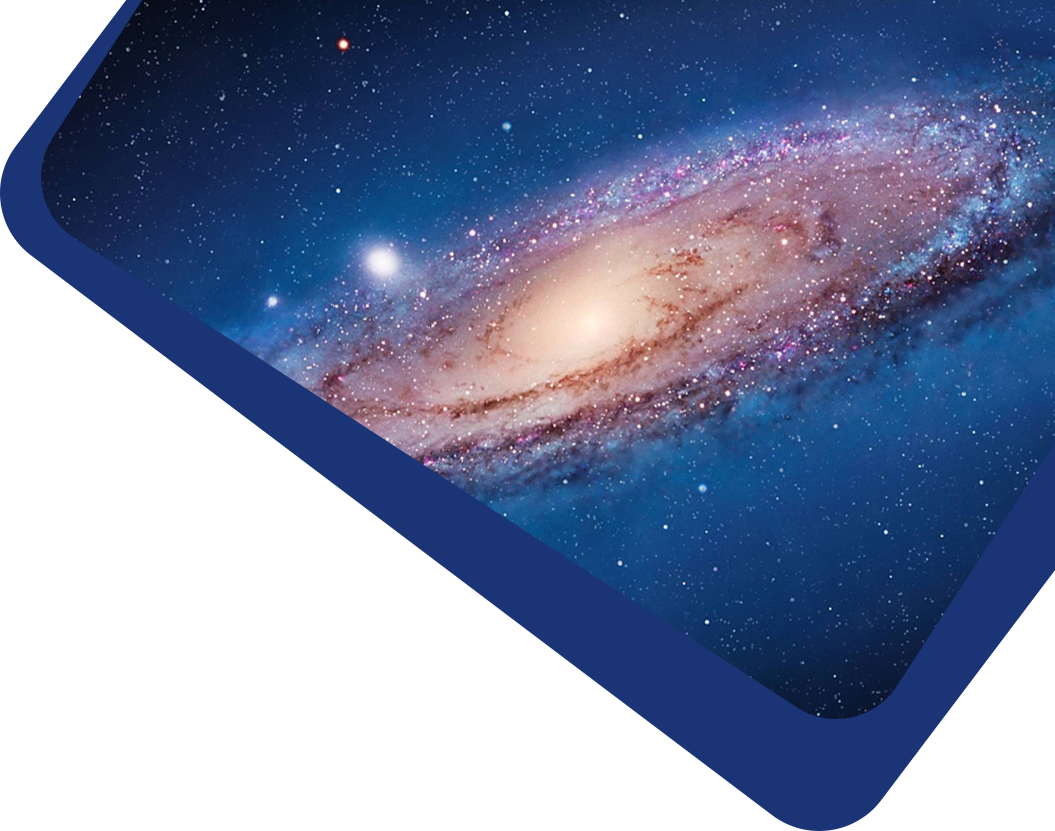

Abstract Radio frequency signal compatibility is the basis of interoperability of the Satellite eBased Augmentation System (SBAS). SBAS should abide by relative international radio regulations of International Telecommunication Union (ITU) and meet the compatibility requirements of radio frequency signal between the Global Navigation Satellite System (GNSS)/SBAS, in order to avoid negative mutual interference. According to ITU Proposal and related reference and assumptions, the paper made simulation of signal receiving maximum power in the BeiDou Satellite-Based Augmentation System (BDSBAS) global signal coverage. And then, interference of BDSBAS to Global Positioning System (GPS)/WAAS (Wide Area Augmentation System) on L1/L5 bands were calculated and analyzed, with equivalent carrierto-noise ratio as the evaluation parameter. The result shows that the carrier-to-noise ratio decrease of GPS/WAAS caused by BDSBAS B1C and B2a signals are extremely lower than inter-system interference of GPS/WAAS, and thus can be ignored in practical applications. Therefore, BDSBAS will not cause the service performance degradation of GPS and WAAS.
Keywords space vehicles — methods: data analysis — celestial mechanics
It accepts original submissions from all over the world and is internationally published and distributed by IOP